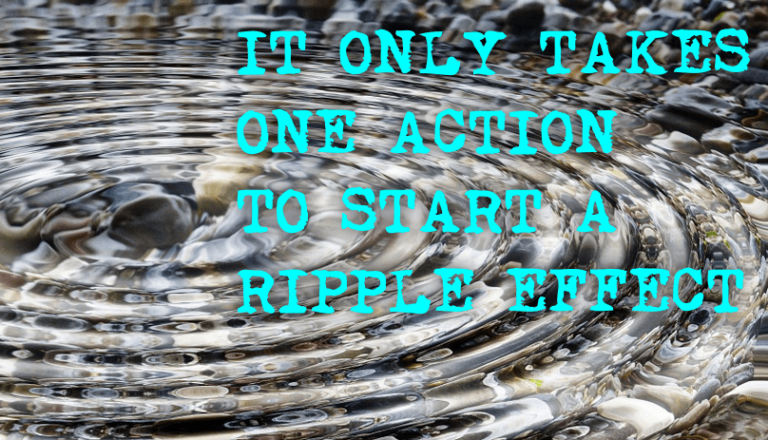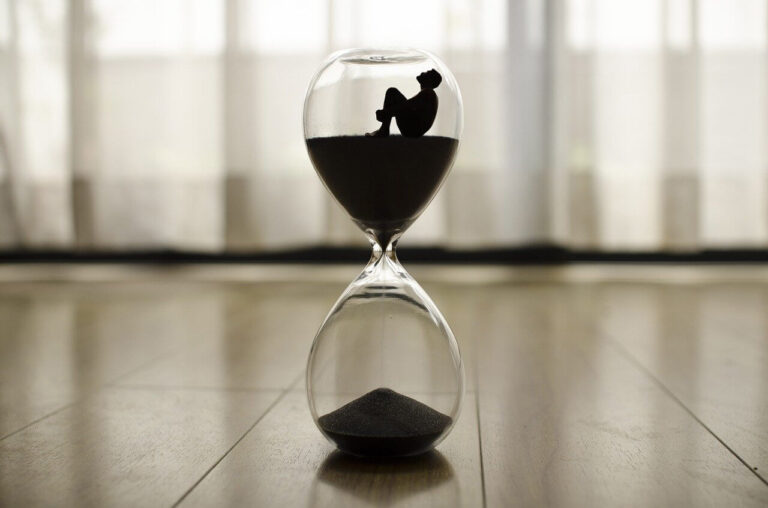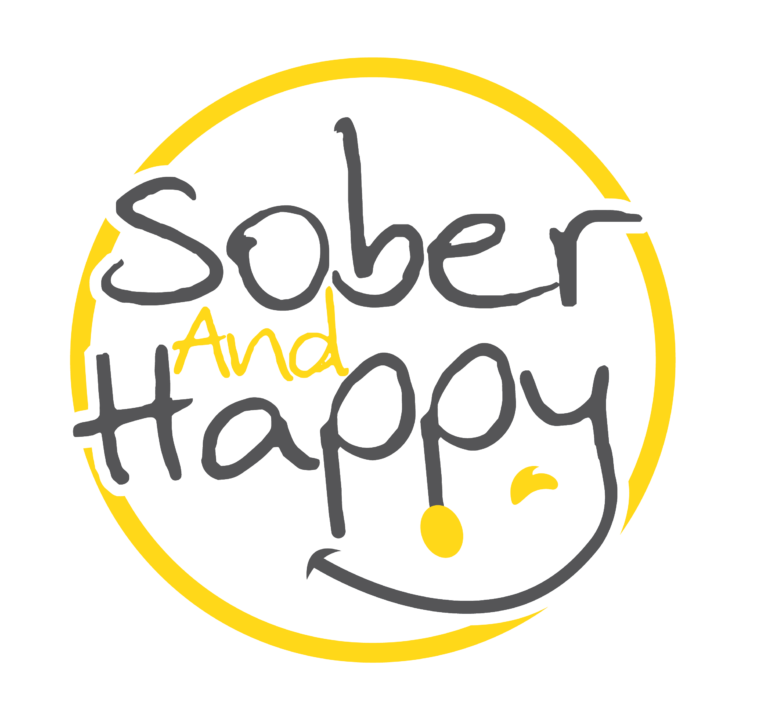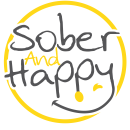

Tim Phillips
I love sharing my journey from being hopeless, to getting sober, to learning how to eventually be both sober and happy. to learning how to eventually be both sober and happy.

Relapse isn’t usually a sudden event—it’s a culmination of small shifts, subtle changes, and unresolved emotions. It’s not just the craving or the bad day; it’s the moment when the idea of drinking or using feels like the better option than staying sober. Understanding why this happens is crucial to staying on the path of sobriety.
Many people view relapse as being caused by external triggers—stress, loneliness, or even a particular place. While those factors play a role, they are often surface-level symptoms of a deeper issue.
At its core, relapse happens because we lose sight of why we’re staying sober, and in that moment, drinking feels like the easier choice. This article will explain why that shift happens and how to take proactive steps to prevent it.
Think of your desire to stay sober as a fuel gauge. When your emotional tank is full, the desire to remain sober outweighs the temptation to drink. Life’s challenges—stress, unresolved emotions, or neglecting self-care—can drain that tank. If we don’t refuel, we edge closer to the “f-it” point, where drinking or using feels like the only way to release the pressure.
Addiction often masks underlying emotions like anger, sadness, or shame. Without addressing these emotions, they build up like steam in a pressure cooker. Drinking may feel like a release at the moment, but it’s a temporary fix that keeps the cycle going. True recovery requires finding healthy ways to process and resolve these feelings.
Early in recovery, the reasons to get sober are fresh and vivid—the pain of consequences, the desire to rebuild relationships, or the hope for a better life. Over time, those memories can fade, and the purpose behind sobriety can get lost. When we romanticize the past or think, “It wasn’t that bad,” we risk tipping the scale back toward relapse.
Sobriety isn’t just about the big moments; it’s about the small, daily choices that keep us grounded. It’s easy to slip into the danger zone when we neglect practices like gratitude, self-reflection, or connection. Staying consistent with these habits refuels our desire to remain sober and keeps us focused on the life we’re building.
Relapse doesn’t happen because of a single event or craving; it happens when the balance tips and we stop addressing the deeper issues driving our choices. By staying connected to your reasons for getting sober, refueling your emotional tank, and practicing daily habits that reinforce your commitment, you can avoid the “f-it” point and continue building a fulfilling sober life.
For a deeper dive into why people relapse and practical strategies to avoid it, listen to the full podcast episode. Together, we’ll explore how to refuel your sobriety and build the resilience needed to thrive.

I love sharing my journey from being hopeless, to getting sober, to learning how to eventually be both sober and happy. to learning how to eventually be both sober and happy.




Join our mailing list to receive the latest news and updates from our team.






Copyright © 2023 by Sober and Happy. All rights reserved.

Join our mailing list to receive the latest news and updates from our team.